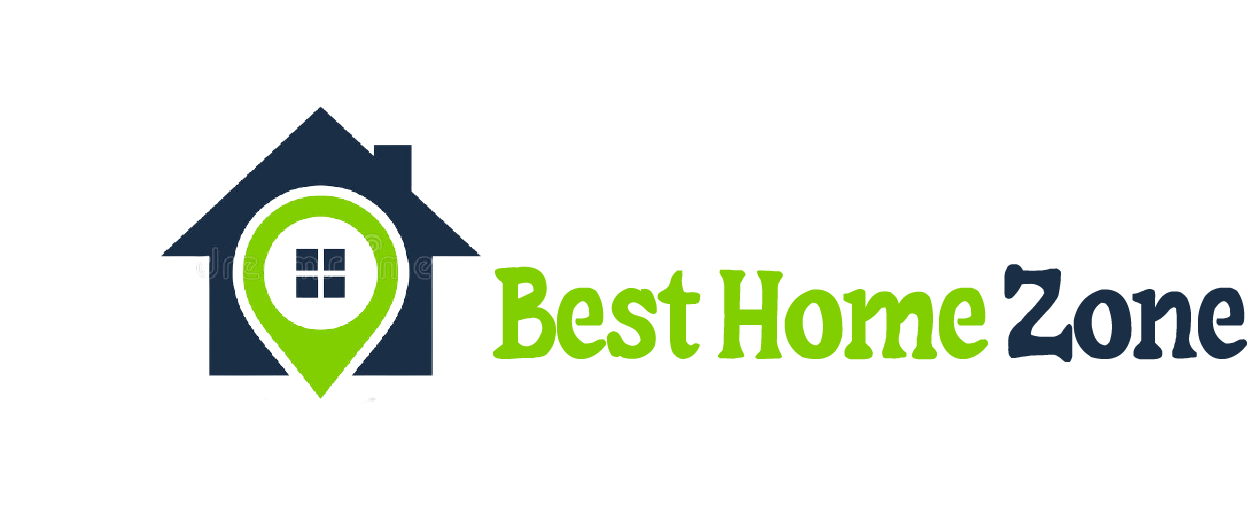
Medicare Advantage 2025: Revolutionizing the Senior Healthcare Landscape
The advent of Medicare Advantage has been a game-changer for senior healthcare, blending traditional Medicare benefits with innovative provisions aimed at improving the overall experience. As we look toward 2025, the landscape is primed for further transformation, guided by advances in healthcare technology, nuanced policy changes, and a growing emphasis on proactive, personalized care. In this comprehensive review, we unveil the emerging trends set to enhance the healthcare experience for the senior population under Medicare Advantage Plans 2025.
Technologies Redefining Health Management
In the digital age, technology is not just a convenience—it’s a lifeline. For seniors enrolled in Medicare Advantage, the integration of advanced health management technologies promises a more engaged and empowered patient experience. Wearable devices, telemedicine, and health tracking apps have already made inroads, but their influence is set to expand drastically by 2025.
Wearables, not just for counting steps, will monitor vital signs, track medications, and even predict health events. Telemedicine, a critical tool for bridging geographical gaps, will enable seniors to consult specialists and manage chronic conditions from the comfort of home. The proliferation of health tracking apps tailored to individual health plans ensures that seniors are not just passive beneficiaries but active participants in their healthcare journey.
Personalized Care Paths for Better Outcomes
The cookie-cutter approach to healthcare is fast becoming obsolete, and Medicare Advantage is leading the shift towards tailored, patient-centric care. By 2025, we anticipate an even more robust implementation of personalized care paths, leveraging data analytics and AI to create individualized health strategies.
These care paths will take into account not only medical histories and current health metrics but also lifestyle factors, preferences, and social determinants of health. Seniors will see the benefits of care that is not only effective but also aligned with their personal context, resulting in better adherence, outcomes, and overall satisfaction.
Policy Innovations and Patient Advocacy
Policy changes play a pivotal role in shaping the healthcare landscape for seniors. Looking ahead to 2025, Medicare Advantage is likely to be influenced by a range of initiatives focused on affordability, accessibility, and quality. Notable policy innovations might include expanded coverage for essential services, increased flexibility in plan options, and mandates for improved transparency.
At the fore of these changes will be increased patient advocacy, with seniors and their representatives playing a more active role in the policy-making process. This collective voice will ensure that Medicare Advantage truly reflects the needs and priorities of the aging population it serves, leading to a more equitable and responsive healthcare system.
The Role of Caregivers in the New Paradigm
Caregivers are the unsung heroes of senior healthcare, and their role within the Medicare Advantage framework is set to be more recognized and supported by 2025. Partnerships between health plans, providers, and caregiver organizations will yield comprehensive support programs, providing respite care, counseling, and resources to enhance the caregiver experience and effectiveness.
Fostering a collaborative model where caregivers are integral to care planning and delivery will result in a more holistic support system for seniors, especially those with complex medical needs. This inclusive approach not only benefits the seniors but also the caregivers themselves, who often confront significant personal and economic challenges.
In summary, Medicare Advantage 2025 is not just a projection of enhanced healthcare—it’s a commitment to redefining the golden years for seniors. With its focus on innovative technologies, personalized care, strategic policy initiatives, and caregiver support, the future of Medicare Advantage promises a brighter, more dignified, and healthier tomorrow for our elderly population.
